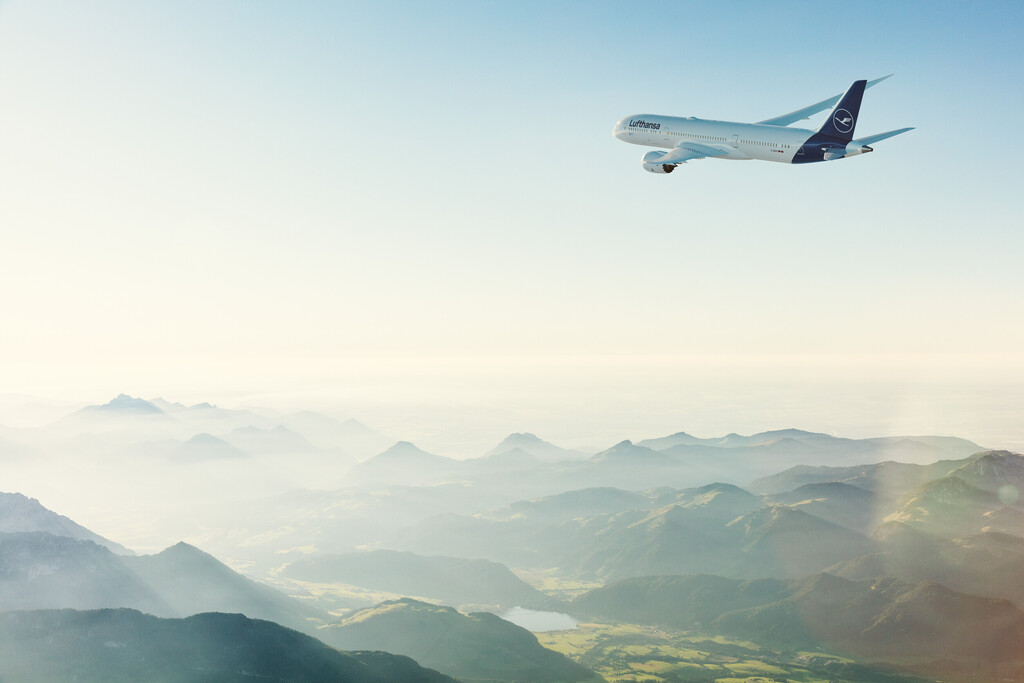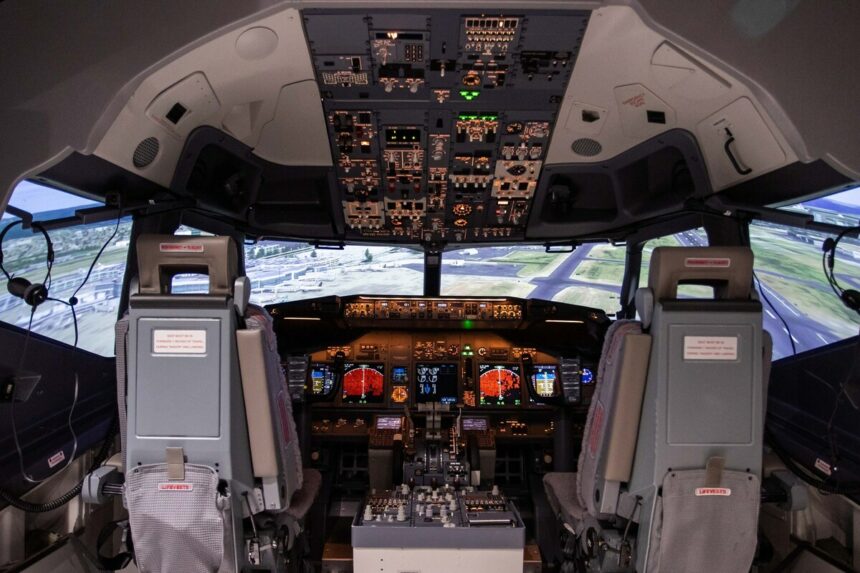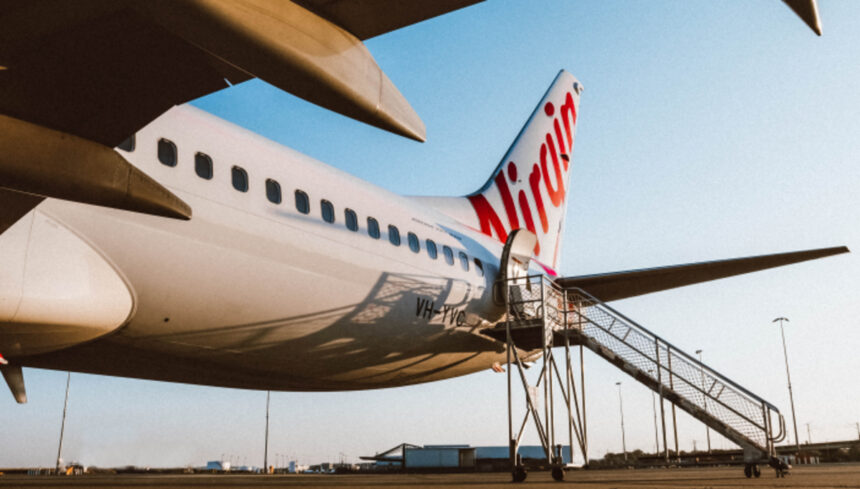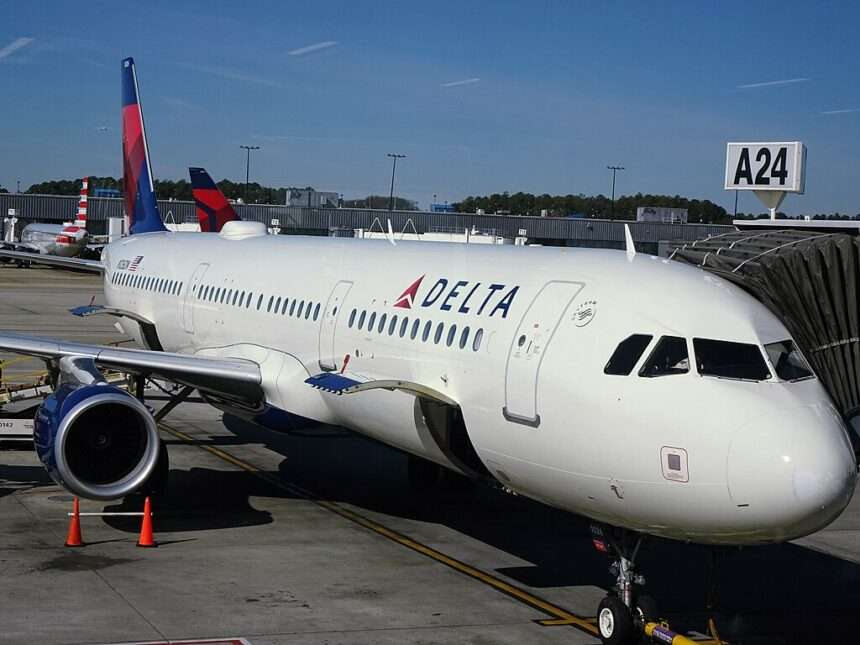In a step toward aviation sustainability, the Lufthansa Group has joined forces with the HCS Group, signing a promising Letter of Intent (LoI) that outlines their collaboration in the production and supply of Sustainable Aviation Fuel (SAF).
This partnership, slated to commence in early 2026, has the potential to reshape the future of aviation by leveraging cutting-edge technology known as Alcohol-to-Jet (AtJ).
The SAF produced through this innovative process will be derived from biogenic residues sourced from agriculture and forestry, underscoring the commitment to eco-friendly aviation practices.
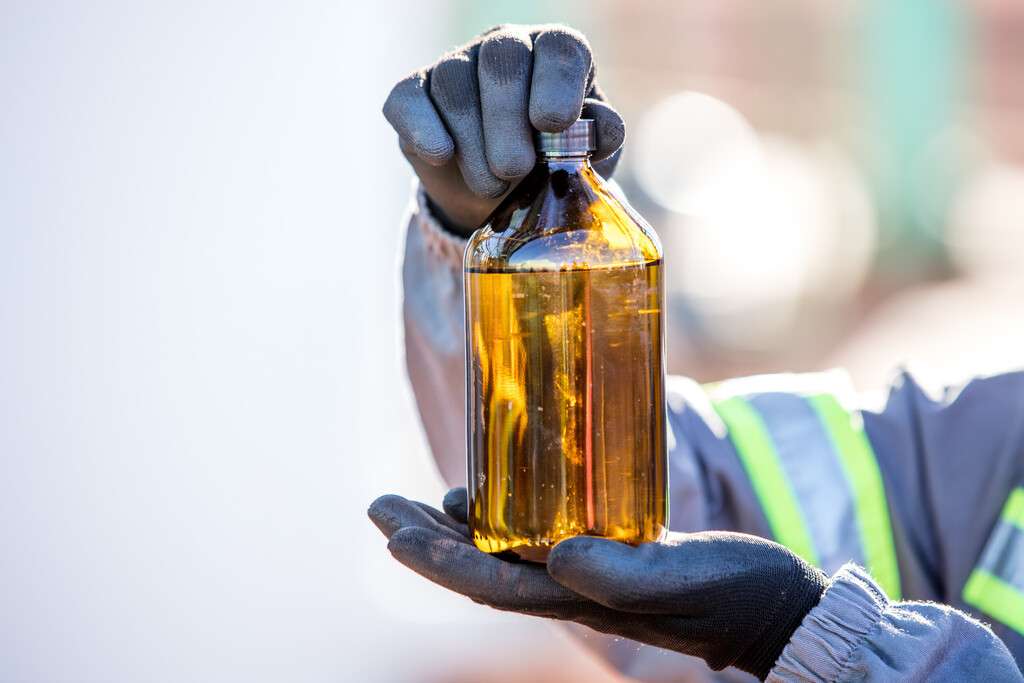
The Power of Sustainable Aviation Fuel
Sustainable Aviation Fuel, commonly abbreviated as SAF, represents a game-changing development in the aviation industry. Unlike traditional aviation fuels derived from fossil feedstocks like crude oil, SAF is produced sustainably, aligning with strict ecological criteria.
It is important to note that SAF can be generated through various methods, with a focus on both biogenic and non-biogenic feedstocks. Currently, the primary source of SAF is biogenic residual materials, including used cooking oil, which is processed into a “drop-in” solution.
[monsterinsights_popular_posts_inline]
This solution is then blended with conventional kerosene and transported to airports, where it can be used as a sustainable alternative to conventional aviation fuel.
The greatest advantage of SAF lies in its potential to significantly reduce carbon dioxide (CO2) emissions, with SAF derived from biogenic residues capable of slashing emissions by up to 80% compared to traditional kerosene.
Lufthansa Group’s Commitment to Sustainability
The Lufthansa Group is at the forefront of sustainability efforts within the aviation industry. Committed to ambitious climate protection goals, the group has set a clear objective of achieving a carbon-neutral balance by the year 2050.
A pivotal milestone in this journey is the goal to halve net CO2 emissions by 2030, as compared to the levels in 2019.
This commitment was validated by the independent Science Based Targets initiative (SBTi) in August 2022, making the Lufthansa Group a pioneering force in European aviation with scientifically grounded CO2 reduction targets.
To attain these formidable climate protection goals, the Lufthansa Group has devised a multifaceted strategy. Central to this strategy is the accelerated modernization of its fleet, ensuring that newer, more fuel-efficient aircraft are incorporated into its operations.
Additionally, the group is actively investing in the procurement of SAF, with a substantial commitment of up to USD 250 million in SAF procurement for the foreseeable future.
The Lufthansa Group continuously explores opportunities for long-term purchase agreements to secure a sustainable source of SAF.
Research and Innovation
The Lufthansa Group’s commitment to sustainability extends beyond its operations. It actively supports global climate and weather research initiatives, showcasing its dedication to environmental stewardship.
This commitment is reinforced by its involvement in pioneering research areas such as waste-material-based SAF, renewable electrical energy (Power-to-Liquid, PtL), and innovative approaches like the direct use of sunlight for fuel synthesis (Sun-to-Liquid, StL).
These groundbreaking endeavors promise to shape the aviation industry’s future, making it more eco-friendly and reducing its carbon footprint.

Click the banner to subscribe to our weekly newsleter.





